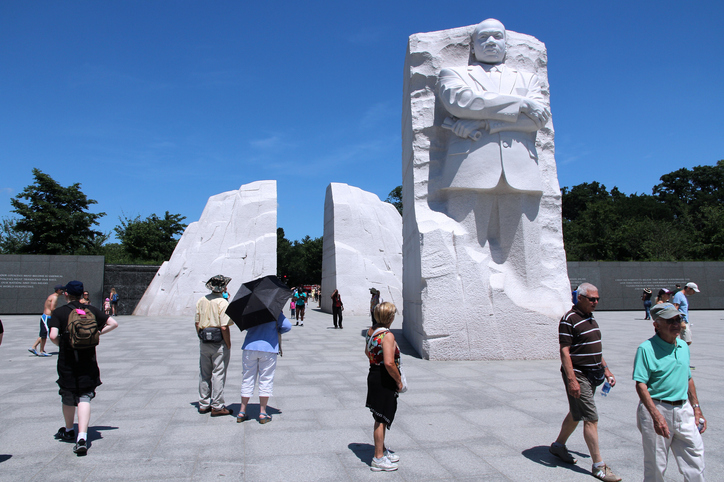
What Is Your Dream for America?
January 15, 2023
Can You Trust Your News Sources?
March 13, 2023Black Experience and History in America
The struggle to accurately teach and discuss the Black experience and history in America sadly continue today. As we celebrate another Black History Month, there are efforts anew to either prevent, distort or recast American history when it comes to the way Blacks have been treated and regarded.
From the halls of legislative bodies across the country to school board meetings, vigorous, and sometimes rancorous, discussions are occurring about what children should be taught about the Black experience and history in America.
Much of the discussion is based on the false and misleading notion that a college level advanced course called “critical race theory” (CRT) or the “1619 Project” is being taught in grade and high schools. When in fact, this is not occurring.
So why all the concern?
Proponents of the efforts to pass legislation and to have parents monitor and dictate class curricula when it comes to teaching factual and complete America history proffer the reason that they are afraid it will make white children feel guilty for something they did not do. Occasionally, it is mentioned that it might make black children feel victimized.
The Black experience and history in America, as the saying goes, “is what it is.” No amount of avoidance, elimination, or recasting will change that. So, why not teach our children all of American history?

Black Experience and History in America
(Photo by DESKCUBE/iStock Images)
There is so much to be gained.
First, no one needs to experience guilt, if the not-so-flattering and cruel aspects of
There is so much to be gained.
First, no one needs to experience guilt, if the not-so-flattering and cruel aspects of American history are put in their proper and complete historical perspective, beginning with the origin of the Black experience and history in America and including where we are today.
It is only when we teach the total continuum will we be able to understand where we have been, where we are, and where we need to go. And, there are many effective ways to teach it in responsible, culturally and ethnically sensitive ways that will engage and connect students with their unique as well as common humanity.
Why wouldn’t we want our children and future generations to move forward with a shared reality?
How can we expect race relations to get better if we are fearful of confronting the truth, the facts?
Yes, a lot of American history is ugly and painful, but a lot of American history is also beautiful and good. That should make us comfortable, not reluctant, to study and discuss the Black experience and history in America.
That is the only real way forward.





